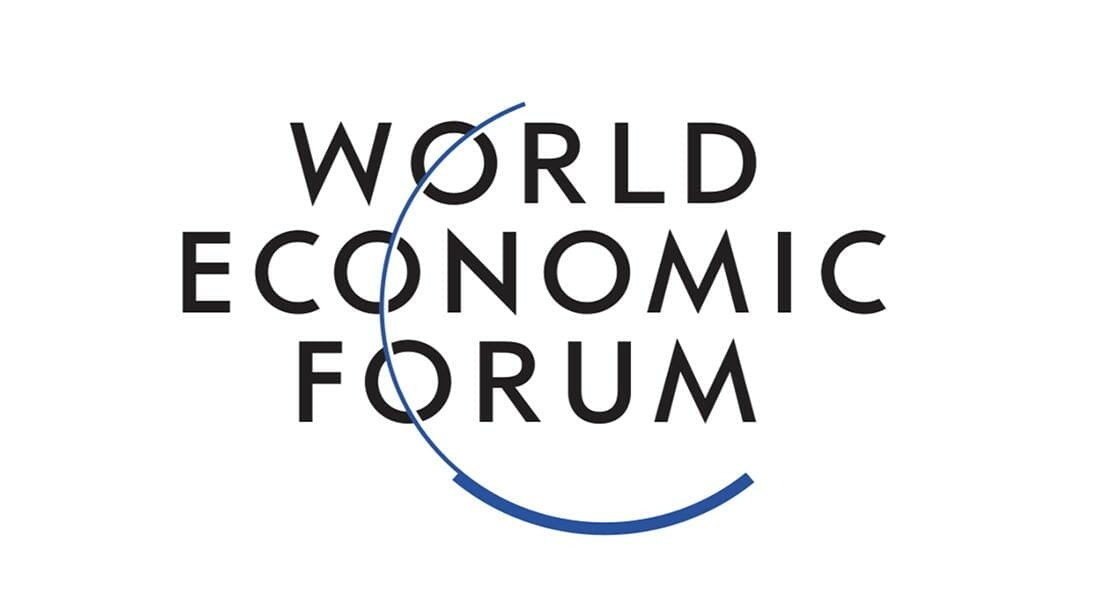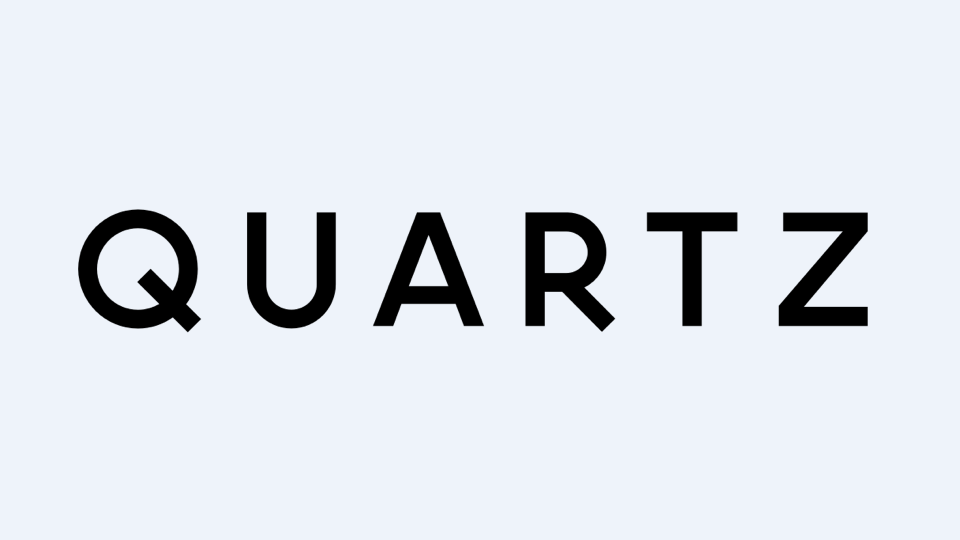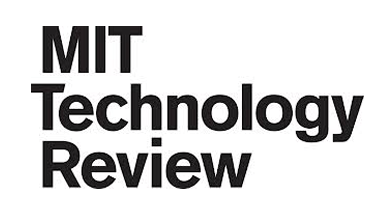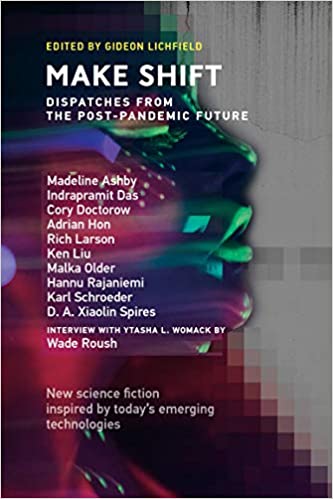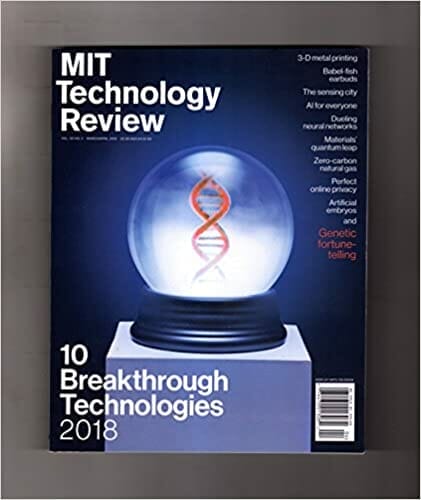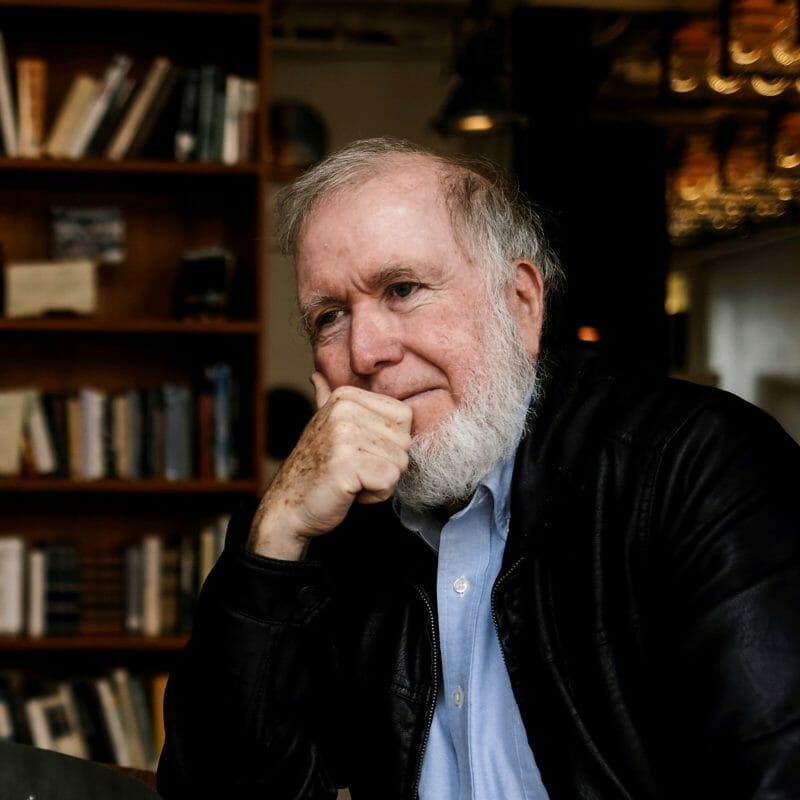Videos
Learn More About Gideon Lichfield
Tech journalist and author Gideon Lichfield is the former editor-in-chief of WIRED magazine and the MIT Technology Review. A career spent traveling the world and covering topics ranging from quantum computing to the Chechnya conflict has given him a futurist’s eye for technology trends and innovations that are changing every area of business, government and society.
Having started out as a science and tech writer at The Economist, Lichfield was posted to Mexico City, Moscow, and Jerusalem before settling in New York City. He left The Economist to become one of the founding editors of the trailblazing digital news outlet Quartz, and then editor-in-chief of MIT Technology Review. An entertaining and provocative speaker, he has spoken and moderated at events such as SXSW, The Aspen Ideas Festival, and the World Economic Forum, and at workshops and conferences from Managua to Minsk, Boston to Beijing, and Toronto to Tel Aviv. Besides his staff jobs, his journalism has been published in The Atlantic, The New York Times, the New Republic, Foreign Policy and others.
A graduate of the London School of Economics and Bristol University, Lichfield spent a year as a fellow at the Data & Society Research Institute where he wrote science fiction pieces as a way to explore the social and political implications of technological advances. He is also a science fiction editor, publishing some of the genre’s leading authors in MIT Technology Review and as the editor of MIT Press’s 2021 anthology “Make Shift: Dispatches from the Post-Pandemic Future.” He also served as an adjunct professor at New York University, teaching a graduate course in foreign reporting at the Arthur L. Carter Journalism Institute.
A UK native and self-proclaimed “polyglot, climber, biker, cocktailer, and vagabond” who speaks five languages – English, Spanish, French, Russian and Hebrew – Lichfield now splits his time between New York City and the Bay Area.
Gideon Lichfield is available to advise your organization via virtual and in-person consulting meetings, interactive workshops and customized keynotes through the exclusive representation of Stern Speakers & Advisors, a division of Stern Strategy Group®.
The Complete Guide to How Generative AI Will Change the World—and How It Won’t
Generative AI tools like ChatGPT, Bard, Dall-E, and MidJourney have taken the world by storm in a matter of months and are being heralded as the biggest technological revolution since the internet—or possibly even bigger. How do you keep up with the daily flood of information about new applications and new concerns, let alone make sense of what they mean for you and your business? Hear from someone whose job is to do exactly that: Gideon Lichfield, the former editor-in-chief of WIRED magazine and the MIT Technology Review. After a career spent reporting on business, politics, science, technology and culture in more than 30 countries, Lichfield is supremely well placed to talk about all the ways in which new technology can interact with and redefine society. Starting with a clear and simple introduction to what makes these new AI models different from their predecessors, he’ll talk about their powers and their limitations, which industries stand to benefit the most, how and when to try them out in your own business, and how to safeguard against the risks of using them unwisely. He’ll help you think clearly and without hype about where these models’ potential is transformative versus merely incremental, address perennial questions like whether AI will replace human workers and how far it can mimic human creativity. He’ll run through the common fears about AI, from algorithmic discrimination to the wholesale destruction of humanity, and explain why they’re controversial and how to think about them with a clear head. Finally, he’ll address the question in the back of everyone’s mind: will AI eventually become sentient and truly intelligent, and what do we do when it does?
Applying AI: A Clear-Eyed Guide for the Perplexed
The AI revolution is on and nobody wants to get left out. But left out of what, exactly? The web is full of examples of AI performing extraordinary feats, but start trying to apply it in an organization and you quickly discover that its strengths are extremely specific to certain tasks. So how do you determine which benefits of AI are realistic and which are overblown, identify worthwhile use cases, and decide where to focus your efforts? How do you bring AI in while reassuring a workforce anxious about losing their jobs, and how do you avoid the critical mistake of using AI to undermine your human talent instead of enhancing their abilities? What might AI be capable of in two or three years that it cannot do now, and how should you prepare to take advantage? As editor-in-chief first of MIT Technology Review and then WIRED, Gideon Lichfield has made it his business to spot upcoming tech trends and separate reality from hype. Under his leadership WIRED was the first major publication to adopt editorial guidelines on AI in the newsroom and he speaks to companies in a wide array of sectors on how they are implementing it. In this talk he outlines his general theory of why he takes AI more seriously than web3 and the metaverse, what it can do, and where it’s headed, as well as practical advice for putting it to work.
Leadership as Storytelling
“We tell ourselves stories in order to live,” wrote Joan Didion. Stories are the oldest social technology there is. They are the way we make sense of the world and tell the world how to make sense of us. They are social glue that holds friends, tribes, nations, religions, and organizations together. They are how we learn from the past and how we imagine the future—and, crucially, how we persuade other people to help us build the future we see. As a journalist of nearly 30 years who helped build one publication from scratch and has led two others, Gideon Lichfield is consummately both a storyteller and a leader, and in this talk he shares how he came to his key insight: that leadership, at its core, is storytelling. Through a series of (what else?) stories ranging from his time reporting on the Israeli-Palestinian conflict to leading MIT Technology Review through the Covid-19 pandemic, he explains how to craft a story that helps your team understand their place in your vision and then weave that story into acts of leadership both large and small.
Additional Topics
- Shaping A Responsible Data Ecosystem
- Where Are We Headed? A Conversation With Gideon Lichfield
- Love, Fakes + Robots
- How To Compete Online











